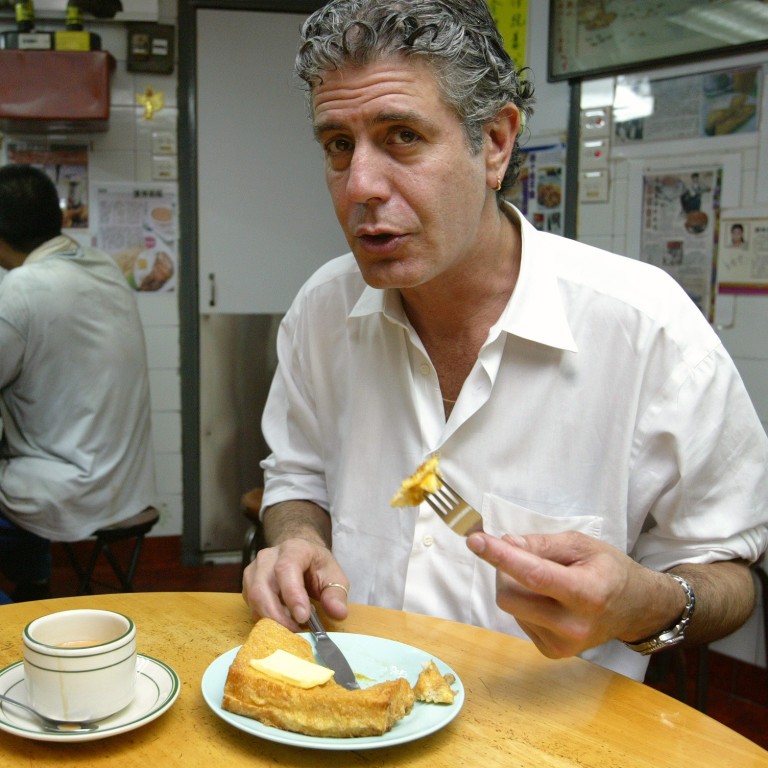
Snack lovers need to get diet balance right
- Those who eat city’s deep-fried treats, ignore more healthy options and refuse to exercise, face growing risk of obesity, diabetes and high blood pressure
Statistics about a society’s favourite foods are bound to be startling. Closest to the hearts, and stomachs, of Hongkongers, is French toast, in the local version deep-fried and usually comprising two slices of bread soaked in egg, a layer of peanut butter or jam in between, and served smothered in either butter, sugar syrup or condensed milk.
One study claims the city’s 7.3 million people devour 320 million servings a year, enough to circle the world at the equator if put end to end. As with other popular treats, French fries, fried chicken thighs, pineapple buns and egg tarts, eating too many at the expense of a well-rounded diet and exercise can lead to health problems such as obesity, diabetes and high blood pressure.
Delicious but dangerous: Hong Kong’s unhealthy snack habit
Children who have not learned about healthy eating are poorly supervised at mealtimes, and those with too much cash to spare can easily overindulge in excessively oily, sweet or salty snacks. People who lead busy lives may also make the mistake of turning to fast food too often, a problem for a city where so much competition among restaurants results in many cheap and tasty options. Using information provided by the Centre for Health Protection, a single serving of French toast, usually amounting to 420 calories, can account for about a quarter of the daily intake of an eight-year-old girl who is moderately active, or just short of one-fifth for a man, aged 40, who gets little or no exercise. It is little wonder that a government survey in 2017 determined that half of all people over the age of 15 were overweight or obese.
Smartphone apps make counting calories easier, but not everyone is so inclined or patient enough to make the effort. Advising people to eat snacks in moderation, or to ensure they have a balanced diet, is meaningless unless daily nutritional needs and limits are well known or transparently laid out. Even then, there are differences among people depending on culture, age, gender and the type of job and amount of exercise.
Favourite foods and snacks are not in themselves bad for health. Eating too many at the expense of other basic needs such as fresh fruit and vegetables, grains, legumes and lean protein and then getting insufficient exercise is, though.

